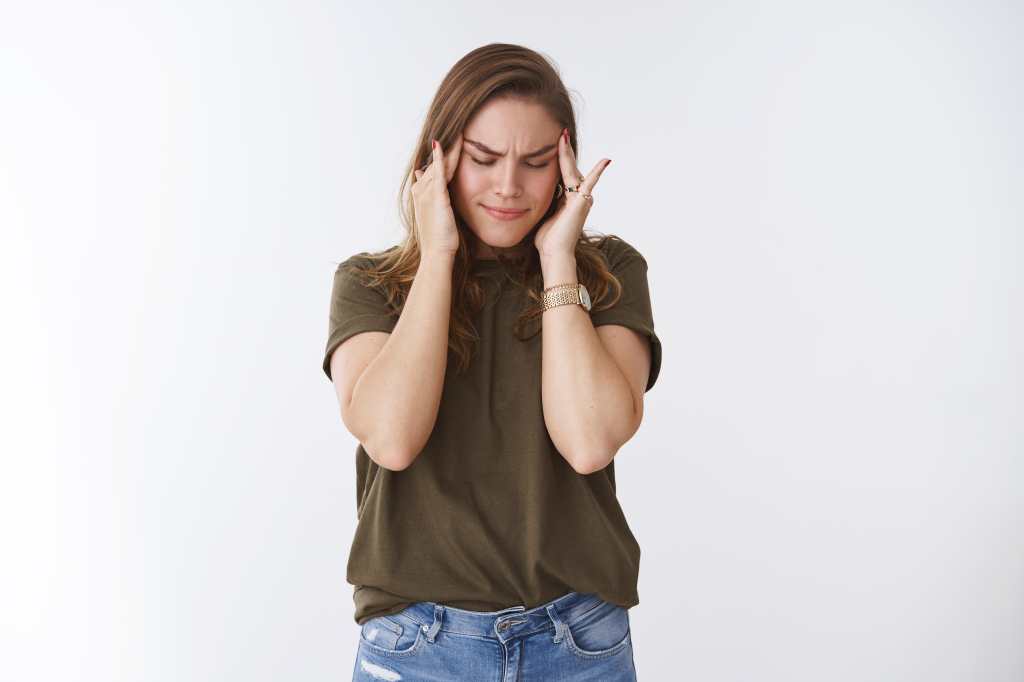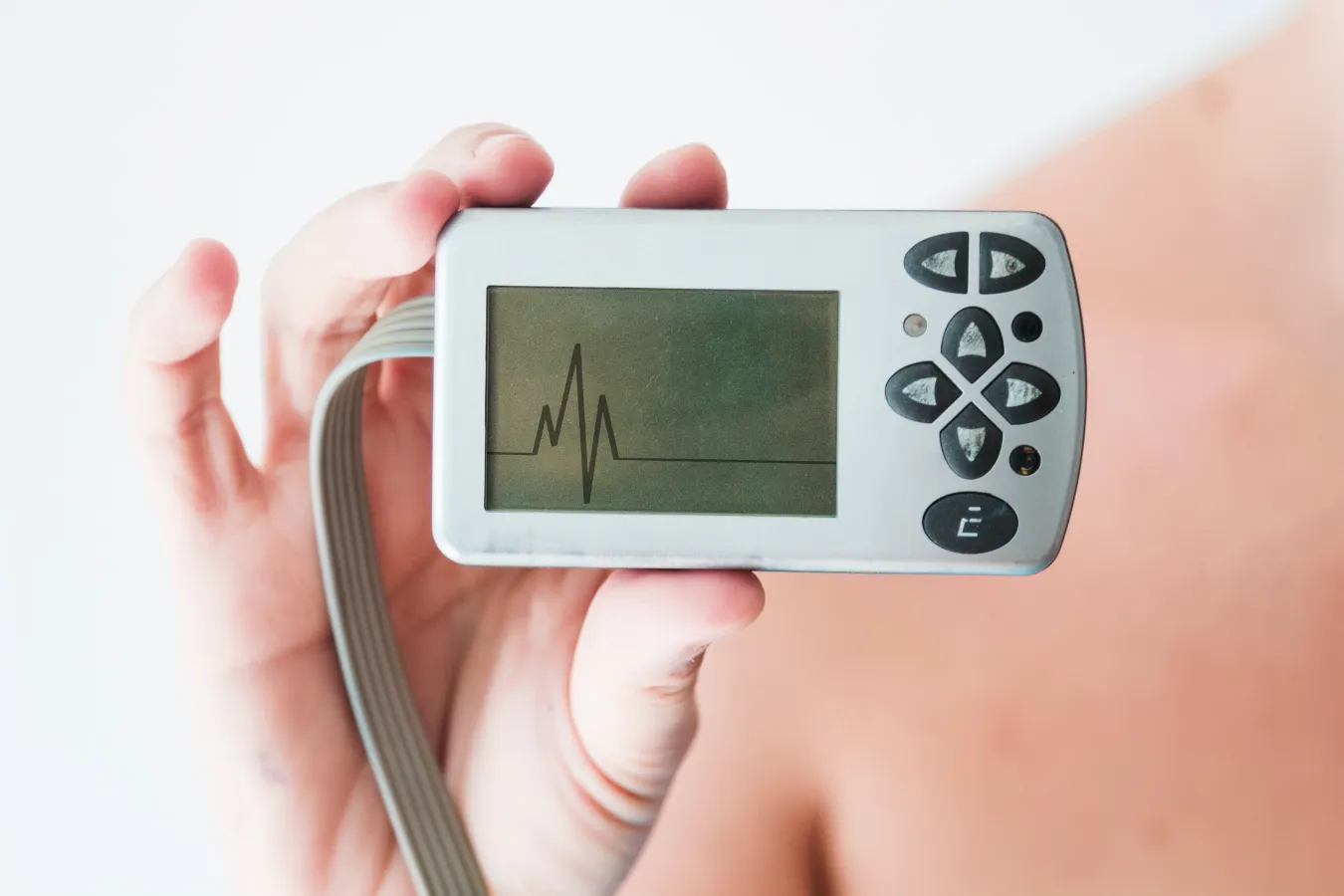Experiencing tachycardia can be alarming to anyone, as it could be a sign of a disease that needs to be treated urgently.
However, it is important to mention that there are various factors and diseases that can cause tachycardia, ranging from stress to congenital heart abnormalities.
Experts say that each person’s genetics can be a risk factor for developing the disease. In addition, there are other factors such as anxiety, hypertension, alcohol consumption, among others.
If you experience tachycardia on more than one occasion, it is important to receive medical attention in a timely manner, since, according to data from the World Health Organization (WHO), cardiovascular diseases are the leading cause of death in the world.
What is tachycardia?
Tachycardia is an increase in heart rate, since the normal range is 60 to 100 beats per minute. “Tachycardia occurs when a person has more than 100 beats per minute,” says Dr. Alejandro Amado, interventional cardiologist at the Hemodynamics Department of the Cardiovascular Surgery Unit of Guatemala (Unicar).
According to the Atrial Fibrillation Management Manual prepared by the Guatemalan Social Security Institute (IGSS ), atrial fibrillation is the most common type of tachycardia in patients . When this type of tachycardia occurs, the heart beats irregularly, usually faster than normal.
What are the symptoms of tachycardia?
Amado explains that the symptoms vary depending on the number of beats per minute of the person. In general, the specialist states that the most common symptom is the sensation of palpitations and a racing heart. If the heart rate is between 100 and 115 beats per minute, this sensation is usually the only one experienced.
On the other hand, if the range is much higher, for example, if there is a tachycardia of 180 or 200 beats per minute, dizziness or loss of consciousness may occur. If it exceeds this range, blood pressure can drop considerably, putting the patient’s life at risk.
Why does tachycardia occur?
There are several causes that can generate tachycardia. According to the Medline Plus portal and other specialists, these may be some reasons why this symptom is experienced:
- Anxiety, panic attacks or fear
- Stress
- Consumption of caffeine or other stimulant substances
- Decongestant medications
- Slimming pills
- Exercise
- Fever
- Nicotine
- Heart disease
In any case, only a specialist doctor can determine the real cause of why you are experiencing this symptom.

What are the treatments for tachycardia?
Dr. Amado says that if a person’s heart rate is less than 110 beats per minute, it is most likely due to exercise or stress, so it is important to take a few minutes to calm down and recover. If after a reasonable amount of time, the accelerated heart rate persists, it is important to seek medical help.
When should you consult a doctor?
According to the specialist, if the heart rate is less than 120 beats per minute and it does not increase, you can make an appointment with your doctor to determine the cause of this sudden increase in heart rate.
However, if your heart rate is higher, you should immediately go to the emergency room of a health center , especially if the symptom is also associated with dizziness and chest pain.
However, it is important to note that the heart rate should be measured with the appropriate equipment to determine whether or not there is tachycardia. If you do not have oxygen meters or a blood pressure monitor at home, go to the fire department or private medical services for assistance and to avoid any health complications that put your life at risk.























+ There are no comments
Add yours